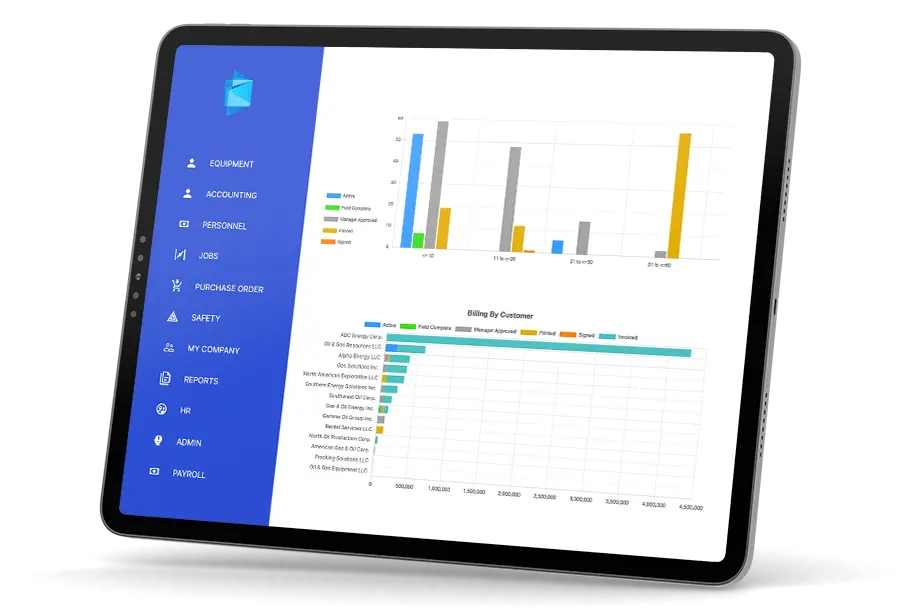Unlocking Growth: The Power of Data-Driven Decision-Making with ERP Systems
Data is the new currency of today. Businesses that effectively leverage data to make informed decisions are well-positioned to gain a competitive edge, drive growth, and achieve sustainable profitability.
 Job Board Admin
Job Board Admin

ERP (Enterprise Resource Planning) systems have emerged as a powerful tool for organizations seeking to harness the power of data and transform their decision-making processes.
The Significance of Data-Driven Decisions
Data-driven decision-making involves utilizing data and analytics to inform strategic and operational choices. It's about moving away from gut instinct and relying on evidence-based insights to guide business actions. ERP systems play a pivotal role in this process by providing a centralized repository of business data, enabling organizations to gain a holistic view of their operations.
Identifying Trends and Uncovering Patterns
ERP systems empower businesses to identify trends and patterns in their data that might otherwise go unnoticed. By analyzing sales figures, customer behavior, and operational metrics, organizations can uncover hidden insights that inform product development, marketing strategies, and resource allocation.

Finding Performance Gaps and Areas for Improvement
ERP systems enable businesses to track performance metrics across various departments and processes, providing a clear picture of how well each unit is functioning. This granular visibility allows organizations to identify areas for improvement, optimize processes, and eliminate inefficiencies that hinder growth.
Making Strategic Decisions for Sustainable Growth
Data-driven insights derived from ERP systems provide a solid foundation for making strategic decisions that drive long-term growth. Organizations can use data to inform decisions about market expansion, product diversification, and resource allocation, ensuring that every action is aligned with their strategic goals.
Benefits of Data-Driven Decision-Making
The benefits of data-driven decision-making extend far beyond mere efficiency gains. By embracing a data-centric approach, organizations can reap a multitude of benefits, including:
- Enhanced Customer Satisfaction: Understanding customer behavior and preferences through data analysis enables businesses to tailor products, services, and marketing strategies to meet customer needs effectively.
- Improved Operational Efficiency: Data-driven insights can lead to process optimization, resource allocation, and inventory management, resulting in reduced costs and increased productivity.
- Data-Driven Innovation: Identifying trends and patterns in customer behavior and market dynamics can spark innovative ideas for new products, services, and business models.
- Risk Mitigation and Informed Responses: Data analysis can help organizations anticipate potential risks, identify market shifts, and make informed decisions to mitigate negative impacts.
The Threads of Inaction
Ignoring the power of data and failing to embrace data-driven decision-making can lead to significant drawbacks, including:
- Missed Opportunities: Organizations that fail to analyze data may miss out on potential growth opportunities, new market segments, and innovative product ideas.
- Inefficient Processes: Without data-driven insights, organizations may continue to rely on inefficient processes, wasting resources and hindering productivity.
- Reactive Decision-Making: Data-driven decision-making empowers organizations to be proactive, while a lack of data can lead to reactive decisions that may not address the root cause of problems.
Data-driven decision-making is not just a luxury; it's a necessity. ERP systems provide organizations with the tools and data necessary to make informed choices that drive growth, profitability, and sustainable success. By embracing data-driven decision-making, organizations can harness the power of information to transform their operations and achieve their strategic goals.

